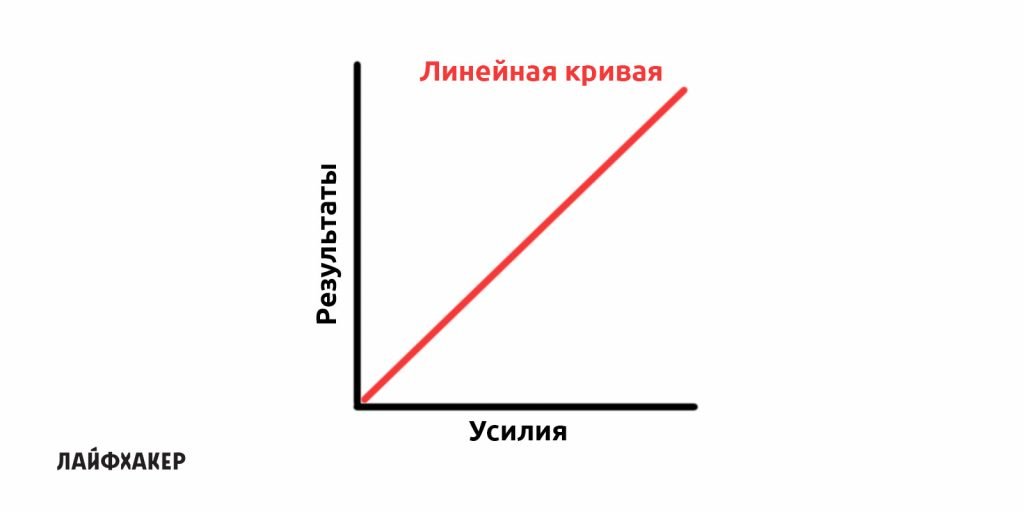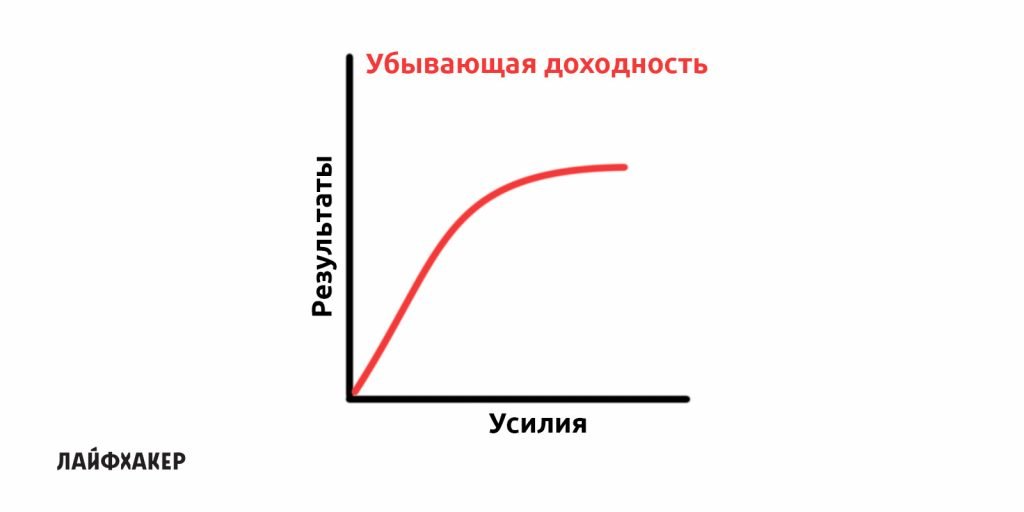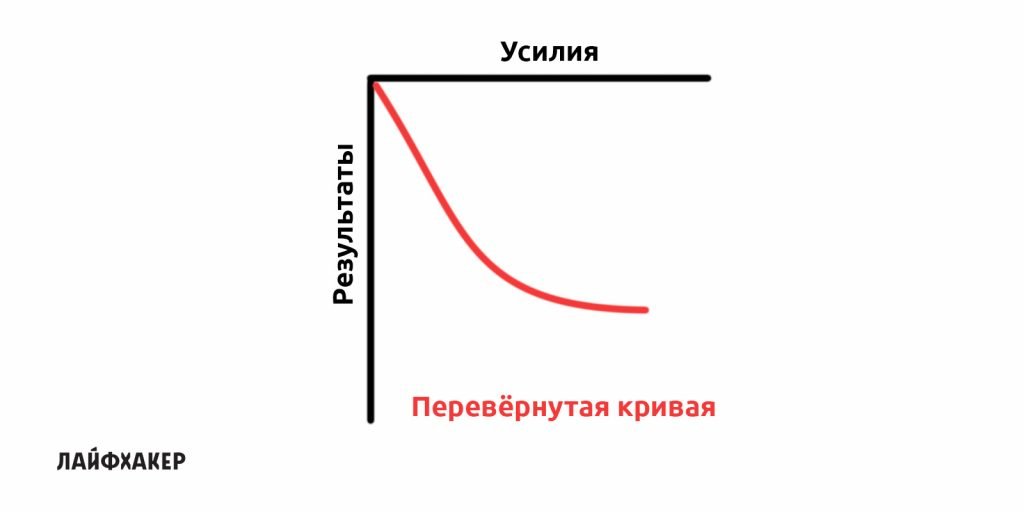
Future US Special Forces The Navy is being tested for survival in the water. They tie their hands and feet and throw them into a 2.7-meter-deep pool. Their task is to hold out for five minutes. Most cadets can't stand it. Some, once in the water, panic and ask to be returned to land. Others struggle to stay afloat, but lose consciousness. Those who understand two paradoxical truths cope.
Firstly, the harder you try to keep your head above water, the more likely it is to go to the bottom. With your hands and feet tied, it's impossible to stay afloat for all five minutes. To pass this test, you need to sink to the bottom. Then push off lightly and let the impulse of your body lift you back up. There you will inhale some air. And this process needs to be repeated again and again.
It doesn't require superhuman strength or endurance. You don't even need the ability to swim. On the contrary, you should not swim. Instead of resisting the physical forces that would normally kill you, you need to surrender to them — and so save your life.
Secondly, the more you panic, the more you waste oxygen. Accordingly, the probability of losing consciousness and drowning is higher. This test turns the survival instinct against the participants themselves. The stronger the desire to breathe, the less the opportunity. The stronger the desire to live, the higher the chance of dying.
It is not so much the physical skills of cadets that are tested, as their ability to control emotions in dangerous situations. The test shows whether the participant can restrain impulses, relax in the face of possible death, whether he will risk his life for the sake of serving a high goal. Such skills are more important than the ability to swim, endurance and ambition. They are more important than what school the cadet attended and how well he looks in a brand new suit.
This skill — to give up control when you want to control the situation the most — is one of the most important in life.
Everyone needs it, not just elite Special forces. We used to think that the relationship between efforts and results is linear. That working twice as long, we will get twice as many results. That by shouting our opinion twice as loudly, we will become twice as right.

This almost never happens. Linear relationships are typical only for mechanical repetitive tasks — driving, filling out papers, cleaning. In this case, you will get twice as many results in two hours as in one hour. But most actions in life are more complicated. They require adaptation, originality, mental and emotional costs. They are characterized by a decreasing yield curve.

A similar thing happens with friendship. Having one friend is extremely important. Two friends are clearly better than one. But the addition of a tenth friend will not change much in your life. And when there are 20 of them, it's only harder for you to remember the names.
The concept of diminishing returns applies to almost all new experiences. For example, how many times a year do you visit your parents in another city? Such impressions seem very valuable at first. But the more often you experience them, the more their value for you decreases (sorry, Mom).
The same can be said about sex, eating, sleeping, drinking alcohol and caffeine, exercising, reading, relaxing, masturbation, video games. All these classes have decreasing profitability. The more often you do something of this, the less you get a return. They are described by the third type of curve — an inverted curve.

Here, effort and reward are inversely related. The more effort you put into achieving something, the more you will fail. The test described above in water works according to this principle. The more you try to stay on the surface, the more likely you will go to the bottom. The most important goals and impressions in life also follow the principle of an inverted curve.
Striving for happiness, we only move away from it. The need for love and understanding prevents us from loving and understanding ourselves.
Wanting a positive impression is a negative impression in itself, and accepting a negative experience is a positive experience. This reverse law applies to almost all aspects of our mental health and relationships.
When it comes to these abstract concepts, our consciousness is like a dog that catches its own tail. Only he always slips away. The dog cannot realize that it and the tail are the same thing.
Therefore, our goal is to wean consciousness from chasing its own "tail". Don't run for meaning, freedom and happiness. Teach him to achieve what he wants by giving it up. Remind yourself that the only way to stay on the surface is to let yourself sink.
To do this, you need to give up. Not out of weakness, but out of respect for the fact that the world around you is beyond your control. Let go of what is out of control. Accept that sometimes people will not like you, often you will fail and you will not always understand what you are doing at all.
Accept fear and uncertainty, and when it seems to you that you are drowning and have reached the bottom, they will push you back to salvation.